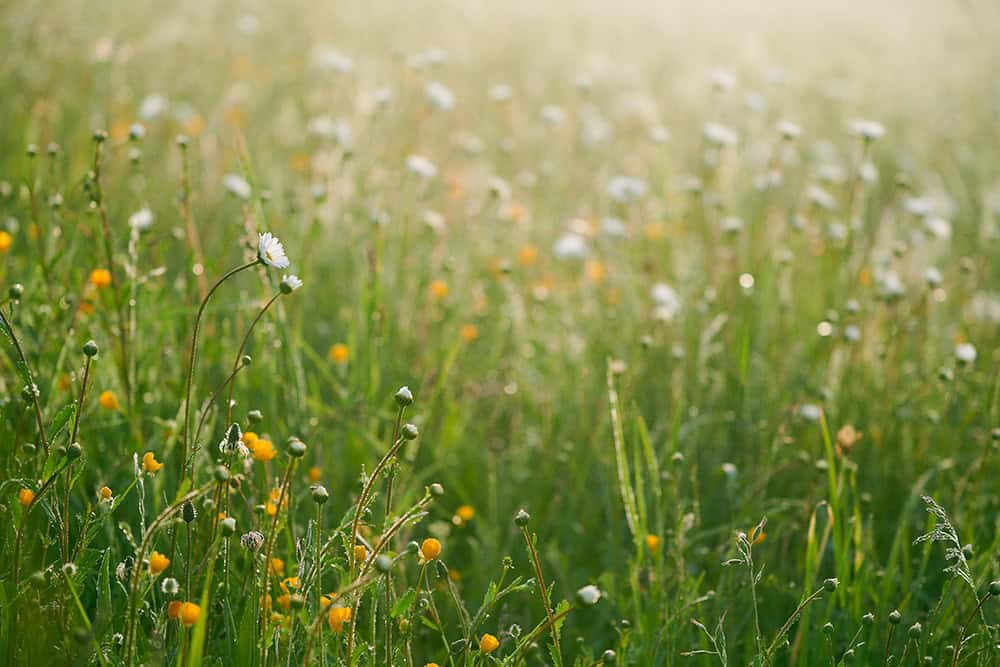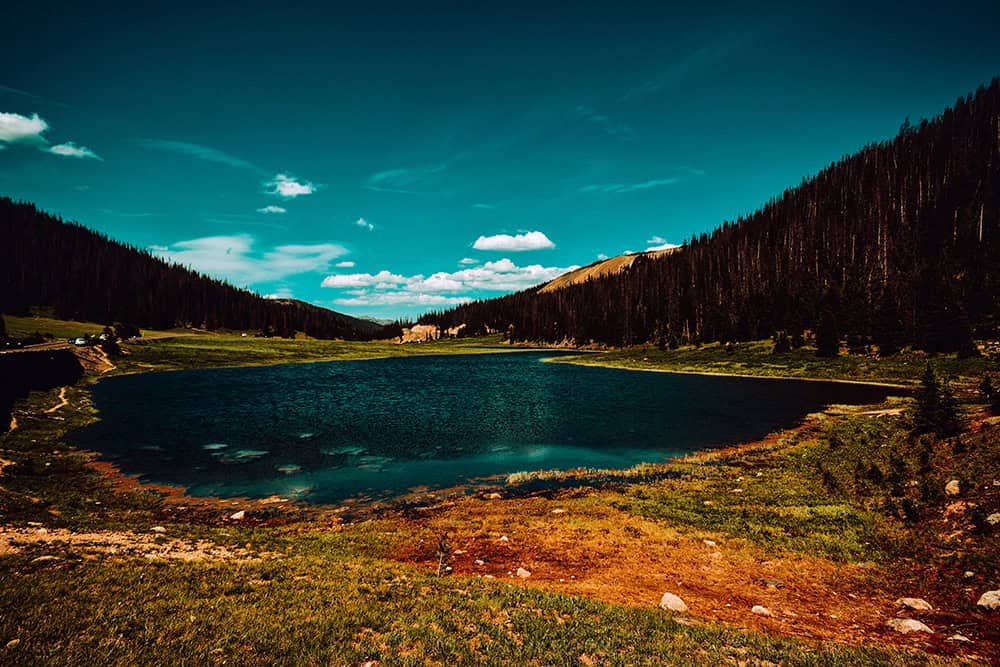By Chris Lanciotti
Today, many of us often hear the phrase that one “finds God in nature.” While something in that near cliché phrase rings true with me, my experience has shown me that this “finding” is quite a bit more challenging than it appears at first glance. The idea that one simply “finds” God in nature, perhaps like a friend waiting patiently on a park bench, seems to strike a dissonant chord with my own experience.
There is evidence to support my intuition. Many people outside of the Church have come to calling their experiences in nature “spiritual” and the outdoors “their church” without (and often at odds with) reference to God. 2020 saw record numbers flocking to the outdoors as a result of the coronavirus pandemic. The outdoor industry is suffering an unprecedented scarcity of equipment, with the bicycle industry facing a particular shortage worldwide. In recent decades, National Parks have struggled to keep numbers at reasonable levels, with the years leading up to the pandemic reaching some of their most crowded in recorded history.
Does this mean we will see (or already have seen) a reciprocal increase in the number of people who practice religion? Definitely not. While it is apparent many who identify openly with a religious worldview speak about how they “find God” in the outdoors, countless individuals outside the religious sphere find something else in their experience without making an explicit reference to some supernatural presence. What are they finding? Is there an experience of nature that unites both of these groups and taps into the deeper humanity that we all have in common?
We find the answer in contemplation. Thomas Merton said of contemplation, “It is a kind of spiritual vision [that] sees without seeing and knows without knowing.” The human person is quite literally made for contemplation, able to perceive God’s “invisible nature, namely, his eternal power and deity…in the things that have been made” (Rom 1:20). Yet how few are actually able to pierce through the veil and touch that invisible nature!
The experience is perhaps something like the apostles encountering the resurrected Christ. Most saw but did not believe (Luke 24:37). On the other hand, Thomas, who at first does not see and who we call the “Doubter,” later sees the Lord and believes, crying “My Lord and My God” (Jn 20:28). While nature points to God’s invisible nature, hidden just across the threshold of the forest, the mountain top, or the sunset, how few of us are able to proclaim these words with Thomas as we contemplate nature. Contemplation should be a natural response to reveling in God’s magnificent creation and our place in it.
Still, the questions remain: how do we find God in nature, and how do we pierce the veil and discover the supernatural shrouded there within? We need to receive the gift of contemplation in order to better dispose ourselves to experience the natural. For it is not me that finds God in nature, but in the natural world that God finds me. In order to better dispose ourselves, I have found the following seven keys to be very helpful.
1. Plan ahead and Prepare
Borrowing from Leave No Trace (lnt.org) outdoor ethics, my first key is to plan well for any experience out into the backcountry. In general, when we go into the wilderness, we don’t want surprises, but instead to be prepared to receive the gift of whatever nature wants to give us that day. Preparation fosters a deep respect and reverence for the power of nature, and contrary to opinion does not take away from the experience but disposes the person to better receive it.
2. Take your Time
For most of us this means “slow down.” We come from an intense rhythm of life, which is not necessarily a bad thing, but we should aim to take advantage of our time in the backcountry by entering into the rhythm of the natural world. If you are going on a day-hike, try to start before dawn and allow yourself to “wake up” with the environment around you. Take one step further and perhaps leave for a hike the night before and sleep near the trailhead, making sure to spend some time in the blanketed silence of night in the outdoors. Entering into the rhythm of the natural world helps us to more easily perceive the rhythm of the Real.
3. Listen…to nothing, which is something
Spending time in silence is a highly underrated activity in a culture full of constant noise. Many times we unknowingly bring that noise with us into the natural world through our conversations, through technology, and even in the way we move and walk. Even if you’re with a group of friends, take some time to listen to your own thoughts, and to listen to nature itself. You’ll be surprised at what you’ll hear.
4. Try not to take (so many) photos
Photos can be a good thing, very good. They help us remember events and reconstruct our experiences. They remind us of wonderful moments, and all of the feelings and emotions associated with them. But I would not be reaching if I said that we simply take too many photos. On top of that we “filter” these moments to influence how others (and even ourselves) remember them. Taking less photos will also remind you that we also have four other senses – who knew!?
5. Bible Study
Spend some time exploring the relationship of the natural world with Scripture. No spoilers, but from Genesis to Revelation, the relationship is much more profound than many of us know. The created world, and man within it, are an expression of the glory of God. Understanding how that relationship works begins in God’s revealed Word.
6. Plant something
There’s no experience, in my opinion, quite as powerful in learning to develop a relationship with the natural world as helping “cultivate” new life. Learning to act responsibly as nature’s stewards takes commitment and humility. In a world where we can go and buy just about anything we desire from a supermarket five minutes away, there’s nothing like eating your own tomatoes.
7. Write Something Down
If you keep a journal, or even if you don’t, take some time to record your thoughts in a natural setting. I can imagine some of the greatest works of literature were written in this way, from the Psalms to Shakespeare’s Sonnets. The way we capture words helps us to enter more deeply into communion with the logos of the natural world.
Chris Lanciotti is a Consecrated Lay Member of the Sodalitium Christianae Vitae and is originally fromFort Collins. He is currently the Program Director at Creatio, Inc., a non-profit dedicated to “helping allpeople encounter the beauty of Creation and the Creator.”






